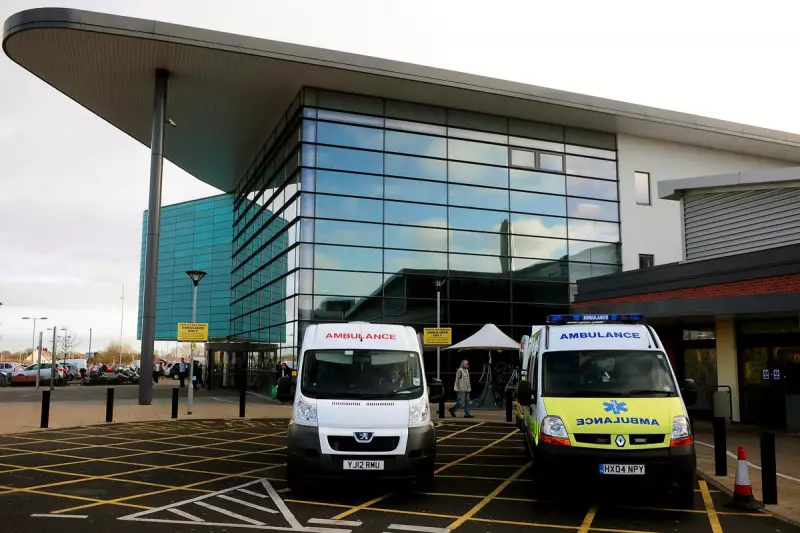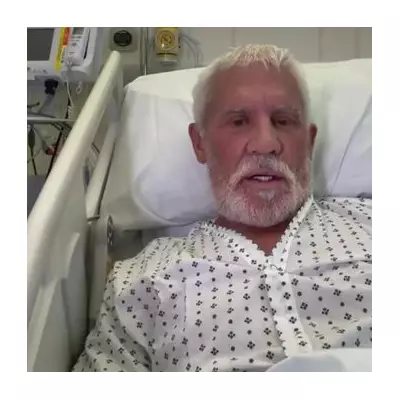
In a development that has alarmed privacy campaigners and healthcare professionals alike, Derbyshire Police have been obtaining access to confidential NHS patient records without individuals' knowledge or consent. The revelation has sparked urgent questions about the balance between law enforcement needs and patient confidentiality within Britain's cherished healthcare system.
How Police Access Medical Data
The process, uncovered through careful investigation, allows police forces to submit requests to NHS organisations for patient information. These requests are typically processed through a dedicated information governance team, bypassing the need for patient approval in what authorities describe as "exceptional circumstances."
One particularly concerning case involves a mental health patient whose records were accessed by Derbyshire Constabulary. The individual, who remains anonymous, had no indication that their sensitive medical history was being shared with law enforcement officials.
The Legal Framework and Its Limitations
While police can legally access medical records under certain conditions, primarily through court orders or specific legislation, the scale and nature of these accesses in Derbyshire have raised eyebrows. The Information Commissioner's Office has confirmed it's "making enquiries" into the situation, suggesting regulatory concern about potential overreach.
NHS England maintains that any data sharing must comply with data protection laws and only occur when "strict necessity" criteria are met. However, privacy advocates argue the current system lacks sufficient transparency and patient safeguards.
Broader Implications for Patient Trust
Medical ethics experts warn that such practices could undermine the fundamental trust between patients and healthcare providers. "When people seek medical help, they need absolute confidence that their private information remains private," explains one healthcare privacy specialist. "If patients fear their disclosures might end up with police, they may avoid seeking crucial treatment."
The situation in Derbyshire reflects a wider national conversation about data sharing between public services. As technology makes information exchange easier, the boundaries between different types of confidential data are becoming increasingly blurred.
What This Means for You
- Your medical records could be accessed by police without your knowledge
- Legal safeguards exist but may be interpreted broadly
- Transparency about such accesses remains limited
- Regulatory bodies are now examining the practice
The Department of Health and Social Care has emphasised that data sharing should only occur when "absolutely necessary," but concrete examples from Derbyshire suggest the threshold for what constitutes necessity may be lower than many patients would expect or accept.
As this story develops, both healthcare and law enforcement authorities face increasing pressure to demonstrate that patient privacy isn't being sacrificed in the pursuit of policing objectives.





